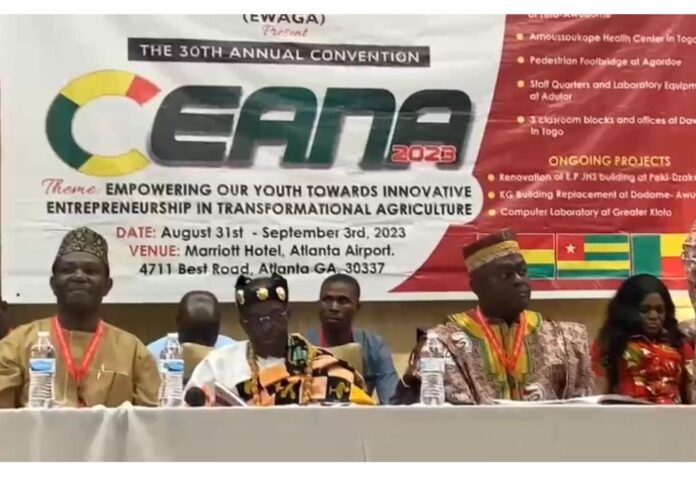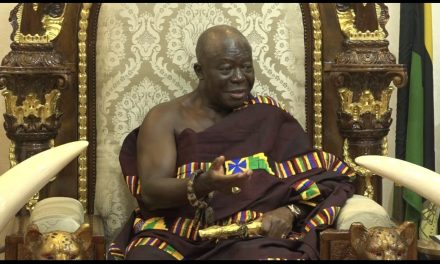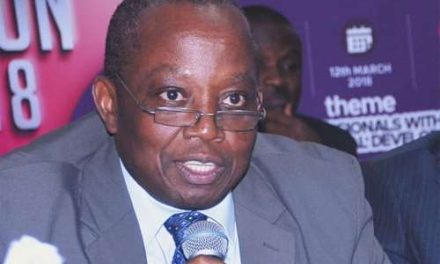
Technology Can Boost Agric In Africa – Bagbin3 min read


He was speaking at the Convention and 30th anniversary of the Council of Ewe Associations of North America (CEANA) in Atlanta, Georgia.
He was speaking on the theme: ‘Empowering our Youth towards Innovative Entrepreneurship in Transformational Agriculture’.
The Speaker said technologies such as GPS, sensors, drones, and data analytics must be deployed in agriculture to optimize resource use, monitor crop health and improve yields.
It will also enable the youth in agriculture to make informed decisions based on reliable data, reduce waste and increase efficiency, he added.
He insisted that today’s youth are technologically savvy, making the crude approach to farming a turn-off for them.
“If governments direct resources into modernising agriculture and infuse technology into farm practices, more youth will opt for the sector. This will address the challenges of feeding a global population sustainably, create economic opportunities for rural communities and transform how we produce, distribute, and consume food,” he said.
Innovation in agriculture, he added, should target waste reduction and a re-think through the perennial glut of farm produce, the horribly low prices during the glut, how farm produce are left to rot, only to be followed by a season of scarcity.
That, he said, should inform the approach to managing post-harvest losses and supporting agro-businesses to mitigate such losses.
Mr. Speaker suggested that marketing of farm produce could also do with innovation as it can support local economies in Africa, reduce food miles, and enhance effectiveness of the food supply chain. Moreover, the youth farmers will generate more returns on their investment and re-invest in their farms.
To attract the youth into agriculture, he called for policies to promote secure land tenure and access for the youth.
He mentioned land redistribution, leasing programmes, and support for communal land ownership as some necessary initiatives, as well as a deliberate effort to involve women, indigenous communities and the rural youth in agriculture.
He asked financial institutions in Africa to provide access to financing for young farmers, offer low-interest loans, grants, and subsidies to help the youth to invest in equipment and seeds among others.
He explained that empowering the youth in agriculture requires a holistic approach that addresses modernization of agriculture, education, access to resources, policy support and cultural attitudes.
The Speaker, also known as Torgbui Nuterperwola Awudome I, congratulated CEANA, which groups Ewes from Ghana, Togo and Niger in North America, on its 30th anniversary.
He said the resilience, perseverance and hard work that have sustained the association over the past three decades cannot be taken for granted.
He spoke about the coincidence of CEANA, Ghana’s parliament and himself celebrating 30 years and said: “I know what it takes to be doing the same thing for 30 years, and striving to be better each year than you were in the previous one”.
He was impressed by CEANA’s commitment to improve upon farm practices and develop the Ewe communities in the three countries and said “it portrays an association of people who are altruistic, driven by the desire to make an impact on the current and future generations”.
The Speaker was accompanied by his wife, Alice Adjua Yornas, Member of Parliament (MP) for Ho West Emmanuel Bedzrah, South Dayi MP Rockson Dafeamakpor, Kpando MP Dela Sowah, North Dayi MP Joycelyn Tetteh, former Ho Central MP Kofi Attor, the Speaker’s Special Aide, and his Communication Expert Gayheart Mensah.


















